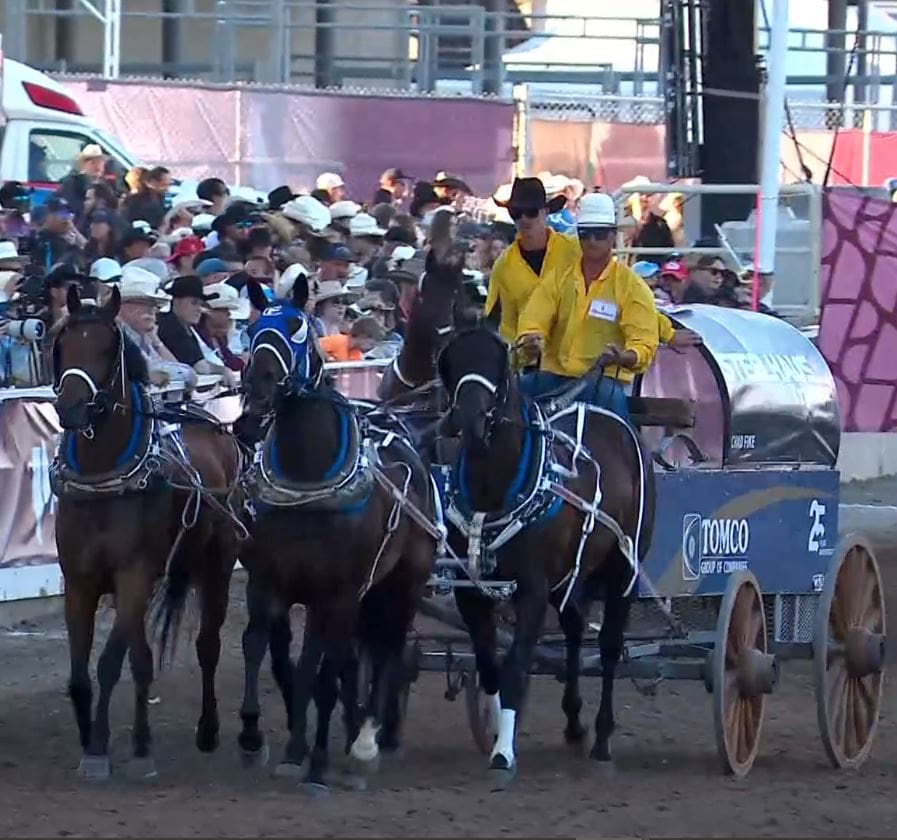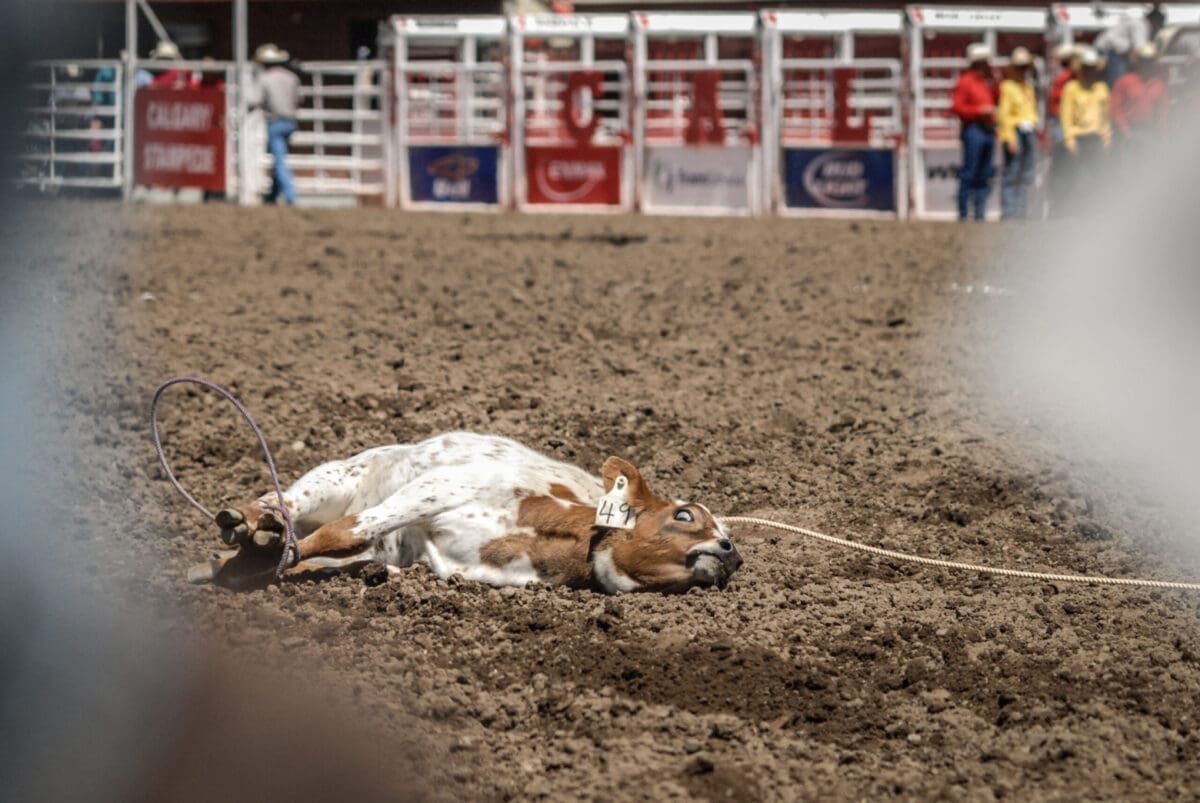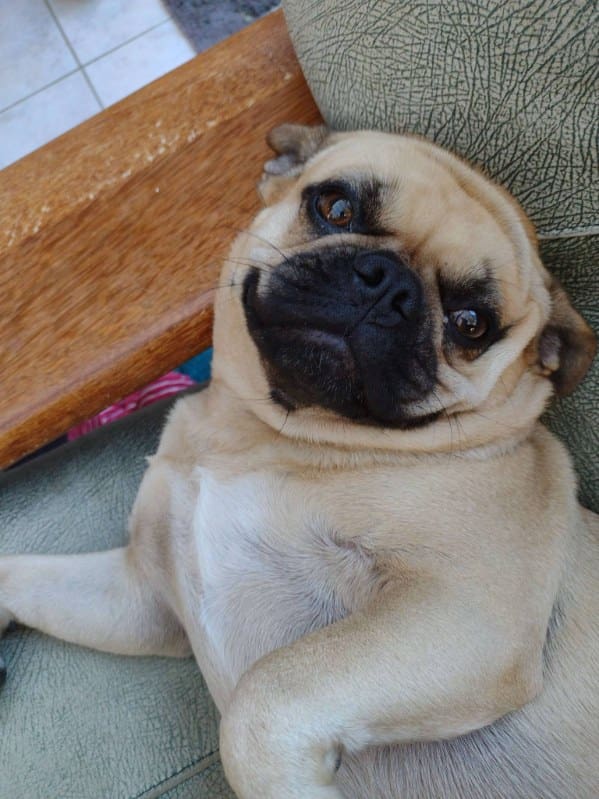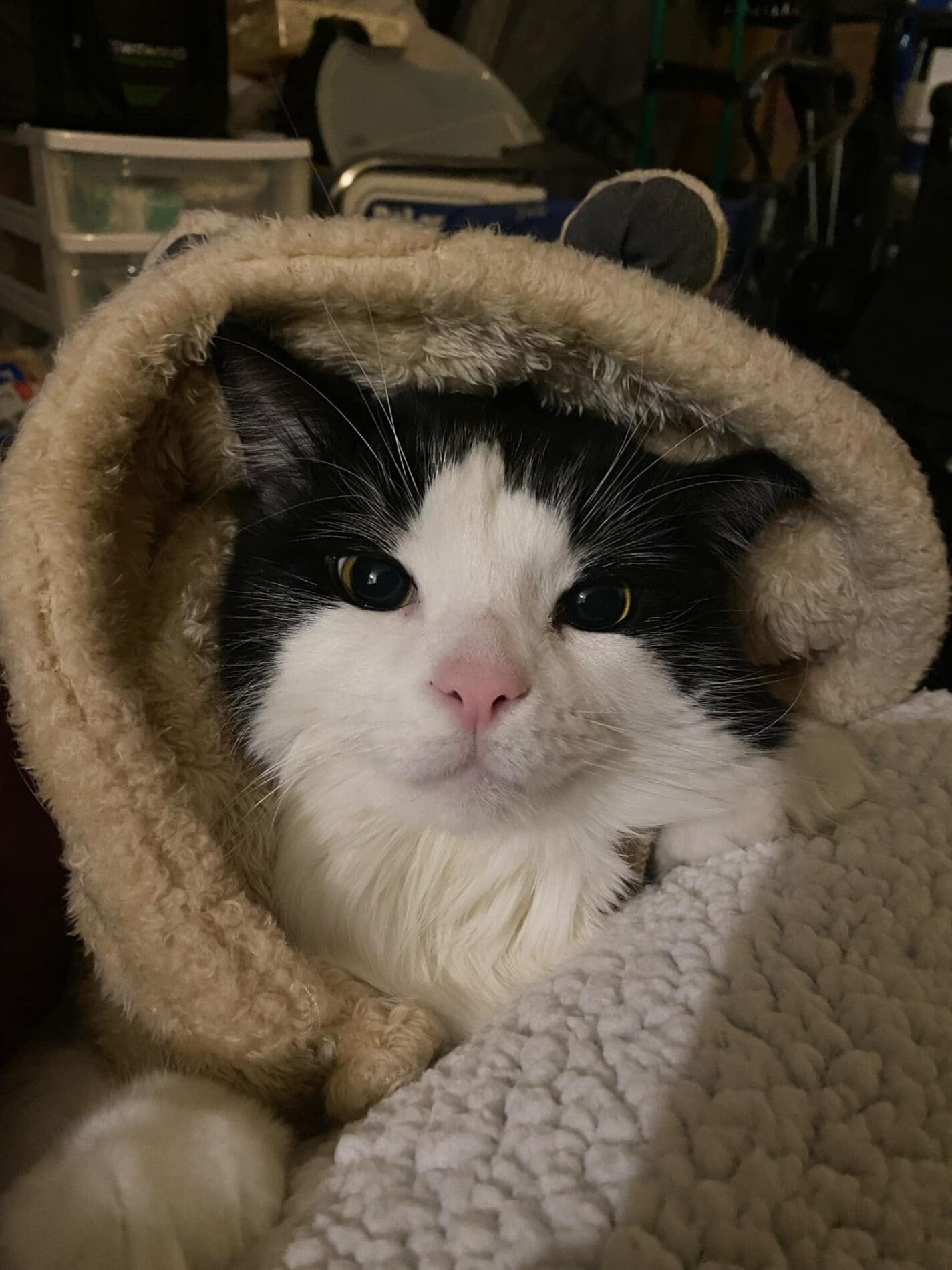- Rider, a horse who suffered a serious leg injury during the chuckwagon races, was euthanized; another tragic loss in an event that claims the lives of horses nearly every year.
- Rider’s death marks 110 known animal fatalities at the Calgary Stampede since 1986, with 79 from the chuckwagon races alone. Last year, three horses and one steer also died during Stampede events.
- Beyond the headline tragedies is the routine cruelty of rodeo: fear, stress, and force inflicted on animals for entertainment.
- This year’s Stampede footage lays bare a painful truth: for the animals, rodeo is terror, not tradition. It’s time to end the suffering.
Take action
- Use the quick action tool to send a message to government decision-makers, urging them to remove the deadly chuckwagon races and inhumane rodeo events from the Stampede program.
- Take the #SayNoToRodeo pledge to reflect your opposition to the use of animals in rodeo events.
Photo: Sportsnet
What happened at 2025 Calgary Stampede?
- A horse named Rider suffered a fracture to his left-front cannon bone during Heat 8 of the Saturday chuckwagon races and was euthanized.
- Clips show the risk of injury to animals, such as a steer who was flipped over and whose neck was repeatedly twisted. Last year, a steer used in steer wrestling was euthanized due to a serious neck injury.
- Footage also shows people at risk of injury, including children.
- Animals are hit and roughly handled. In one clip, a handler uses a rope to agitate a bull’s neck while another person behind the scenes calls the bull obscene names.
- Animals show signs of fear and stress, including widened eyes, tense open mouths, excessive salivation, thrashing in chutes, panicked behaviours, and resisting handlers.
Content warning: The following footage shows a fatal incident and animals showing signs of stress and fear.
Cover photo: Sportsnet












